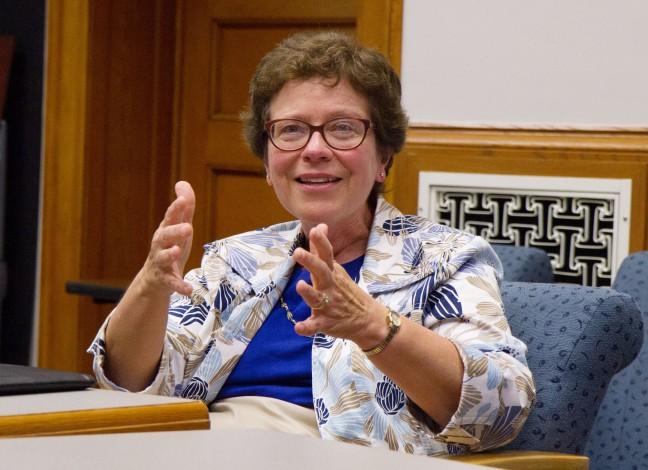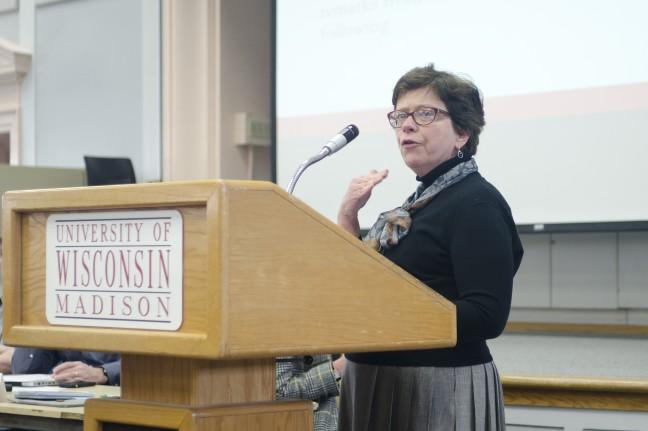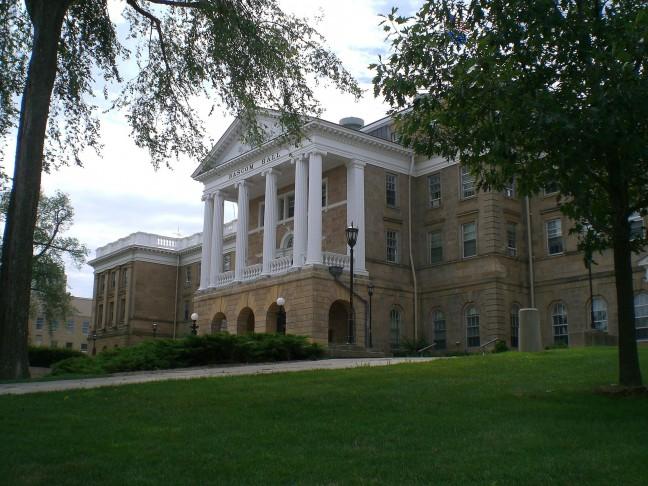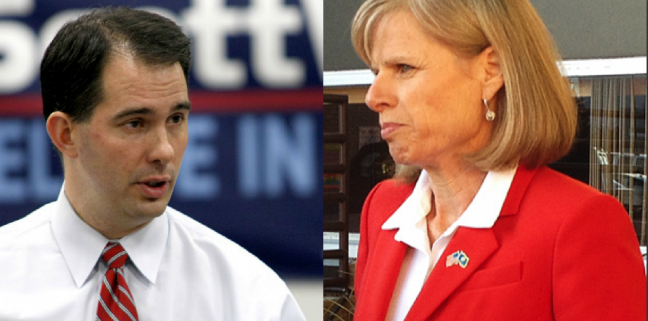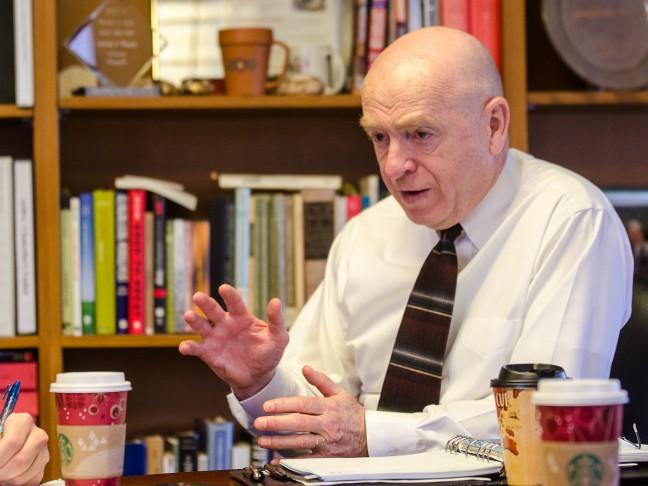 A divide developed among the members of the Associated Students of Madison as they convened Wednesday to deliberate their new constitution, a contentious piece on their agenda that was ultimately not passed.
A divide developed among the members of the Associated Students of Madison as they convened Wednesday to deliberate their new constitution, a contentious piece on their agenda that was ultimately not passed.
After releasing the new constitution to the legislative body back in February, ASM met last night to debate over amendments, whether or not the new constitution should be voted on by students and the overall existence of the constitution.
The new constitution, according to a statement released by ASM after the meeting, was centered around the governing body’s structure as well as encouraging further communication between ASM positions and University of Wisconsin students.
According to the Student Services Finance Committee Chair Ellie Bruecker, the point of this legislation was to create a further separation of the powers in the ASM’s structure.
Proposing an amendment to ASM’s appropriations committee, which allocates funds to student organizations on campus, Bruecker highlighted the issue of bureaucracy in the student government.
“There was a lot of bureaucracy that was not necessary,” Bruecker said. “This takes the Senate out of there.”
According to Bruecker, in the current constitution, the added level of Senate power in the appropriation committee brought politics into financial decisions, as a result of legislative members’ ties with different student organizations. Appropriations are an area where she said she believes politics should not exist.
In order to maintain a system of checks and balances, Bruecker said that in the amendment the executive still held veto power, the Senate was able vote down nominees and the judiciary check would remain in place.
“There will still be Senate involvement, but just not an up and down vote,” Bruecker said, adding that the judiciary check was fully sufficient at keeping politics out off the appropriations.
The discussion of bureaucracy remained a trend throughout the debate as ASM continued talks about the powers of the executive branch.
According to ASM Legislative Affairs Chair Daniel Statter, the executive branch’s power has been under a lot of critique, and the new constitution would address the complaints through amendments to reduce veto power of the president or chair and also take away the president’s power to appoint their own directors.
However, the amendments also garnered some negative reaction under the notion that the changes stripped the executive branch of too much power.
Statter said he found the contradictory responses from the body as a sign of compromise.
“It looks like we have a good compromise,” Statter said. “Some people think the president has too much power, and some people think the president doesn’t have enough power. That looks like a good compromise.”
Although all amendments to the constitution did pass during the meeting, the constitution’s existence itself was up for question. Needing a two-thirds majority, the new constitution did not pass with a 16-9-1 vote.
Although the constitution failed, ASM Student Council Chair Andrew Bulovsky said the debates helped highlight areas in which the body was in accordance, something he said he is confident will lead to future solutions, according to the ASM statement.


